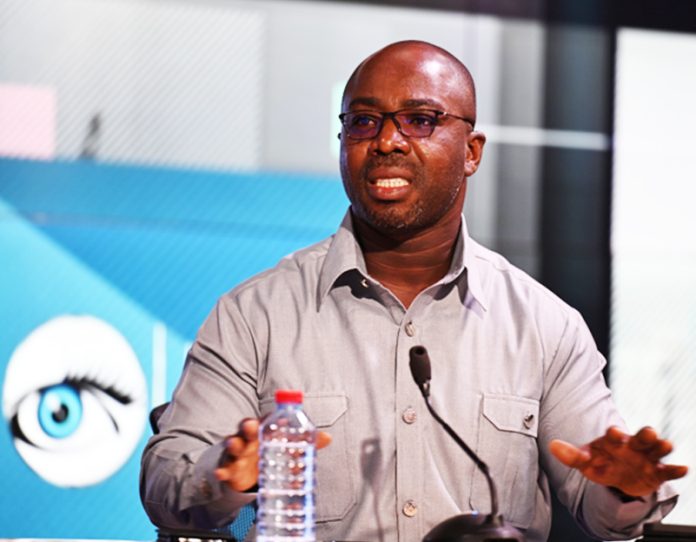
Ghana’s announcement of an electric vehicle (EV) policy at the United Nations Climate Change Conference (COP28) in the United Arab Emirates last year, was welcomed by international environmentalists as a progressive step towards climate responsibility among developing countries.
Here in Ghana, the Ministry of Transport has disclosed that following the launch of Ghana’s Electric Vehicle Policy, several private sector players are enthusiastic about partaking and claiming their stakes.
The Deputy Director at the Policy Planning, Monitoring, and Evaluation Directorate at the Ministry of Transport, Daniel Essel, revealed that some private sector companies have proactively begun the setup of assembly plants, while some others have developed charging infrastructure, and others have begun using electric vehicles for courier services, among others.
He was updating the national public on Ghana’s progress in the transition to electric vehicles during a conversation with Eye on Port’s Kennedy Mornah on Accra-based Metro TV.
He said ordinary consumers are also eager to move in the direction of electric vehicles, but cost remains a barrier.
“When you take an EV, you are just replacing the fuel tank with a battery and then an engine with a motor. These are the two key components of an EV. The biggest cost of that whole vehicle is the battery, which is about 30 to 40% of the cost, so if the car is 20,000 USD, then you might have the battery alone costing about 8,000 USD. That’s how costly it is. Apart from your initial FOB price of that vehicle, the add-on duties also make it very expensive,” Mr. Essel explained.
The Deputy Director at the Policy Planning, Monitoring, and Evaluation Directorate at the Ministry of Transport said the government has taken cognizance of this, culminating in the budget announcement for the waiver of import duties on electric vehicles for public transport for 8 years.
Import duties would also be exempted for semi-knocked-down and completely knocked-down electric vehicles brought into the country by registered EV assembly companies for the same 8-year period, he said.
He considered this good news for the automobile sector as it will cut down the prices of EVs and revealed that the Ministry of Finance has declared its commitment to its implementation.
He said current targeted incentives prioritize public transport as the government seeks to gradually transition to local manufacturing.
“Commercial operators do about 200 to 300 km a day, so their frequency of use is huge, and there’d be more impact in terms of the emission savings,” he noted.
On concerns of insufficient charging infrastructure in-country, Mr. Daniel Essel intimated that the Ministry is collaborating with the private sector to set these up nationwide, and this has already led to six public charging centers in Accra at the A&C Mall, Madina Mall, Kaneshie, Movenpick Hotel, Total Energies – Liberation Road. However, as it is typical of the private sector, they are gauging the socio-economic environment to ensure investments align with local demand.
On the other hand, while private individuals can have their own charging infrastructure, he detailed that the Energy Commission is ensuring such installations meet sustainable standards.
He advised that Ghana follows the example of developed nations to map out the charging needs of the various areas in the country.
He also advised that, if possible, private companies develop “DC Fast Charging Infrastructures,” which can refill a battery under 30 minutes, saving hours of wait time, something “Level 1 and 2 chargers” cannot do.
According to the Deputy Director, Policy Planning, Monitoring, and Evaluation, at the Ministry of Transport, Daniel Essel, plug-in hybrids constitute 19,000 vehicles in Ghana, whereas Pure EVs account for 2000. Daniel Essel also revealed that there’s growing uptake of two and three wheelers running on batteries.







